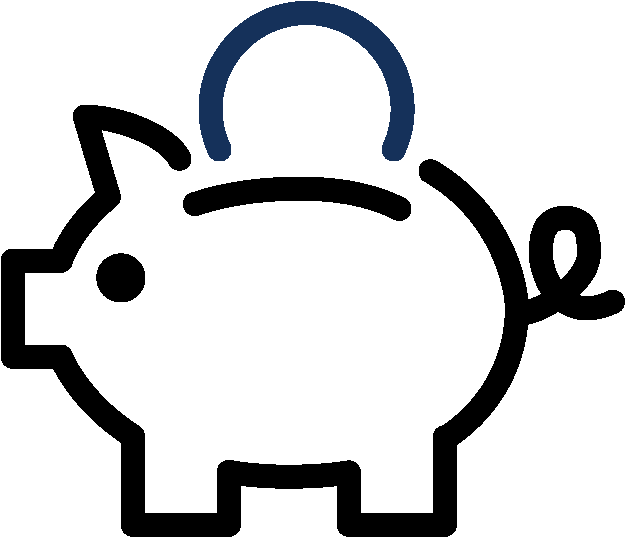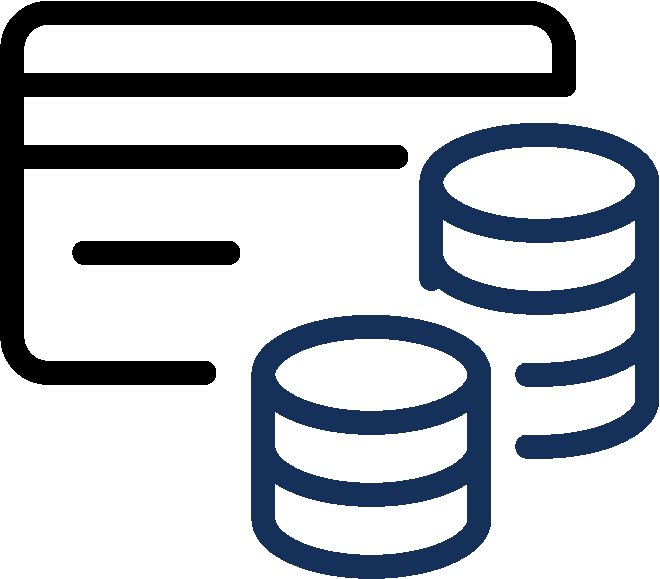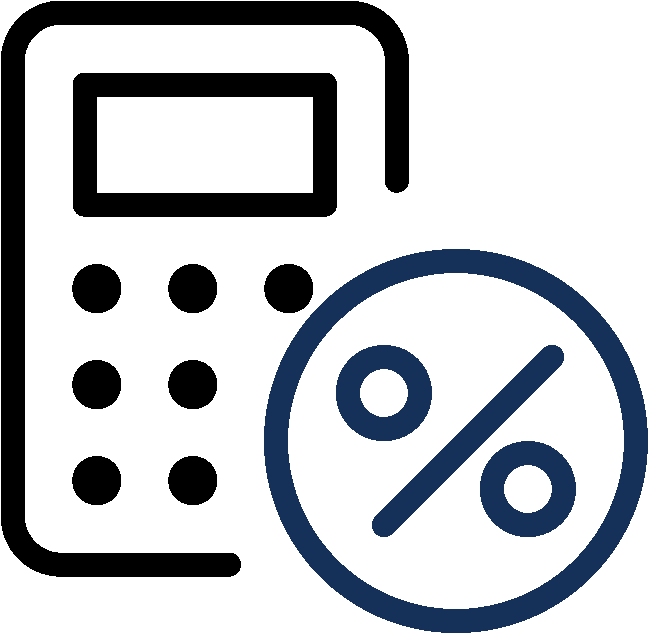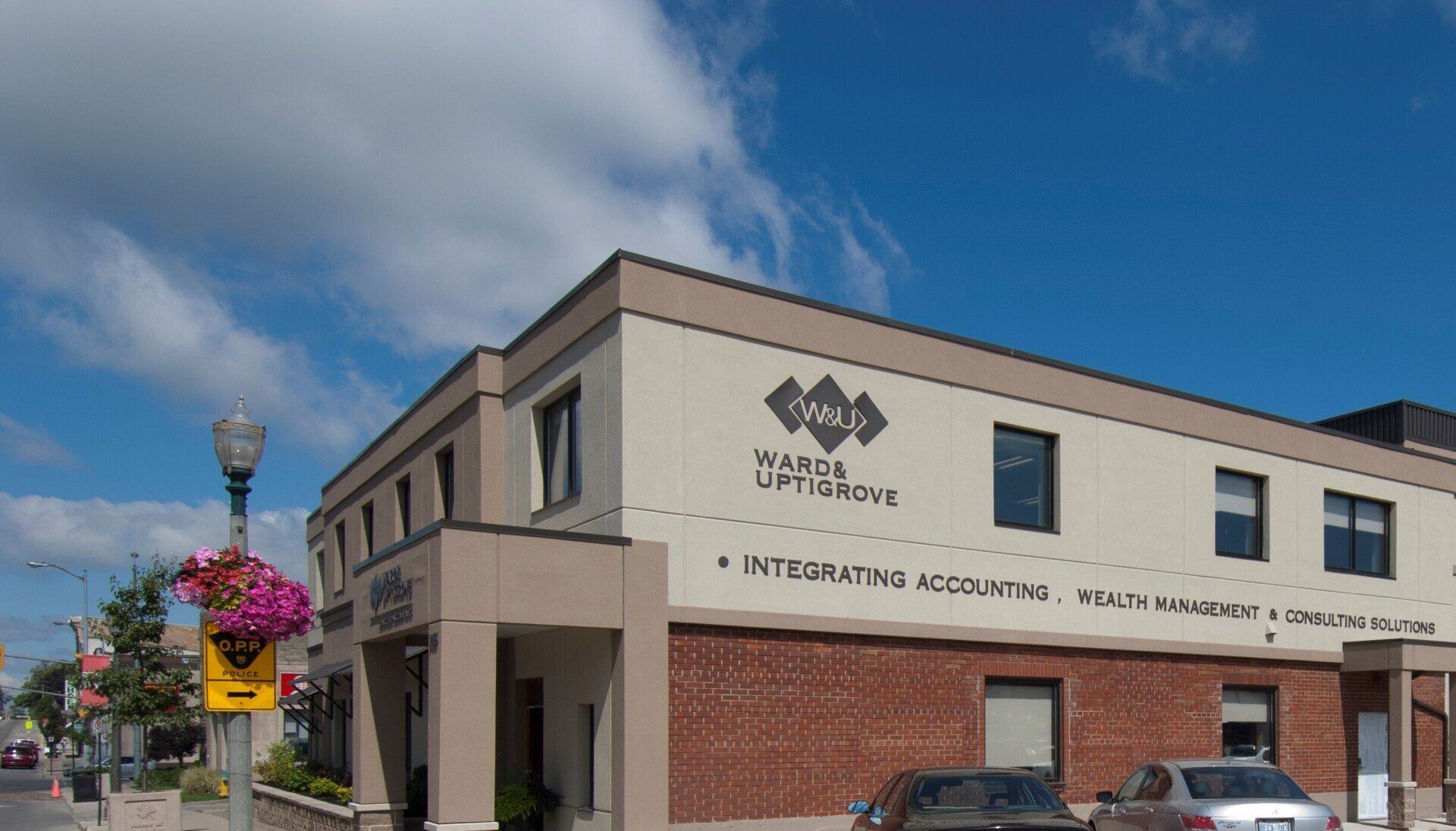Pay Down Debt vs. Invest
The pay down debt versus invest is an age-old question that doesn’t have a 100% correct answer, and the better option can only be determined with hindsight.
Paying Down Debt
The benefit of paying down debt is that it provides a guaranteed rate of return equivalent to the cost of borrowing or the interest rate on that debt.
For example, if you have $100,000 in idle cash and the interest on your debt is 3%, you know that if you pay down debt, you are going to be $3,000 better off in a year – the amount of interest you would have incurred had you not paid off the debt. Therefore, you effectively got a “guaranteed return” of 3%, after taxes. The higher the interest rate, the higher the guaranteed rate of return.
Investing
The incentive to invest is that there is the possibility your return, net of fees and taxes, will be higher than the cost of borrowing and thereby create enough income to cover the interest cost of the equivalent debt that remains outstanding and some additional profit. However, unless invested in risk-free investment like a GIC, the rate of return is not guaranteed and even comes with the risk of investment loss.
To build off the previous example, if the $100,000 of idle cash you had was invested and produced a net return of 5%, after fees and taxes, you would have earned $5,000. After covering the $3,000 interest costs you incurred because the $100,000 of debt remains outstanding, you have gained $2,000. Therefore, you would be in a better financial position if you had elected to pay off the debt rather than invest.
If the debt has a higher interest rate, the greater the rate of return needs to be to generate a net gain from investing. Therefore, if the debt is not low interest-rate debt, like a mortgage or a secured line of credit, but rather credit card debt or unsecured debt with a higher interest rate, the investment rate of return required to generate a net profit will be much higher.
So, the question comes down to this: are after-tax investment returns going to be higher than interest rates? Unfortunately, no one can answer that question with any degree of certainty. There are too many unpredictable factors that could cause markets to go in different directions.
The three options can be summarized by making one of the following three statements:

1. Invest
I am willing to risk that my investment portfolio will perform better than the interest rate on a net after-tax basis and, therefore will invest my cash versus using it to pay off debt. I will make the scheduled debt payments that will eventually result in my debt being fully paid off. I recognize that there is a chance that my investments may not provide a return greater than the interest rate being charged on my debt, and I will be OK if that is the case. If interest rates increase in the future, I can always re-evaluate the situation and use the funds in my investment account to pay down debt.

2. Pay Off Debt
I want to get the guaranteed rate of return equivalent to the savings in interest cost by reducing my debt. This will result in me not having debt payments in the future and therefore free up more cash sooner in the future for investment. I recognize that there is a chance that the financial markets will provide a rate of return greater than the interest rate, after fees and taxes, and I will be OK if that is the case.

3. Hybrid Approach
After considering those two options, I still cannot decide, so I am going to go down the middle and will use 50% of my idle cash to invest and use the other 50% to pay off debt (or some other percentage split).
There can be more options than you may realize in many financial decisions. Contact your Ward & Uptigrove Wealth Management representative today at (519) 291-4803, or by email WealthManagement@w-u.on.ca, to find out more on this or any other topic.





